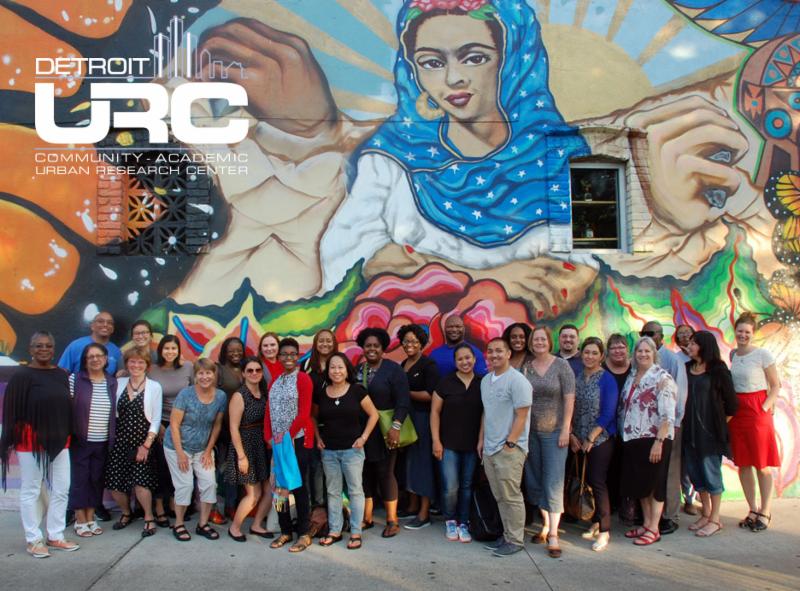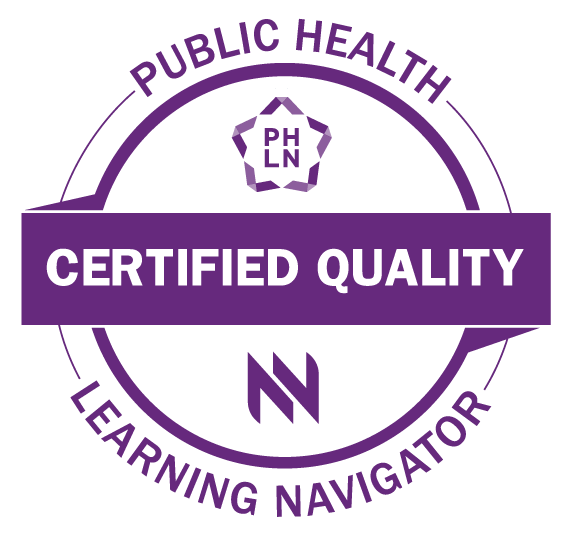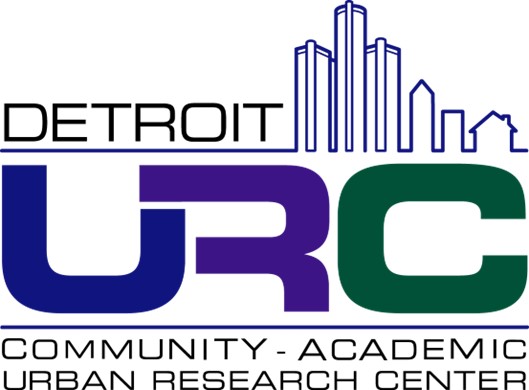
Community-Based Participatory Research (CBPR) is a partnership approach to research that equitably involves community members, organization representatives, and academic researchers in all aspects of the research process. This online course from the Detroit URC gives researchers, health and human service practitioners, and members of community-based organizations an opportunity to learn about community-based participatory research (CBPR).
Click here to register for the free online course.
If you would like to receive continuing education (CE) credit for a $21 fee, please visit this link.
This course was originally released in 2009 and peer-reviewed in 2013. Given its success as a foundational course, updates were made in 2017 for this improved, web-based 2nd edition (2018).
What this means for you:
Anyone can participate in this course at no cost. Click here for the free online version. Continuing education credits are available for $21 and only available to those who have not already completed the original version of the course. You can access the paid course here.
Instructors:
- Barbara A. Israel, DrPH, MPH
Professor, Department of Health Behavior and Health Education, University of Michigan School of Public Health; Director Detroit Community-Academic Urban Research Center. - Chris M. Coombe, PhD, MPH
Assistant Research Scientist, Detroit Community-Academic Urban Research Center, Department of Health Behavior and Health Education, University of Michigan School of Public Health. - Robert J. McGranaghan, MPH
Founding Director, Community-Campus Partnership (CCP), University of Colorado Anschutz Medical Campus.
Outline of the Course:
- Part 1: What is CBPR?
- Part 2: Forming, Sustaining, and Evaluating CBPR Partnerships
- Part 3: Planning & Conducting CBPR
- Part 4: Dissemination & Translation
- Part 5: Challenges, Benefits, & Lessons Learned
Citation: Israel, B.A., Coombe, C.M., McGranaghan, R. (2018). Community-based participatory research: A partnership approach for public health (2nd ed.). Community Engaged Scholarship for Health, CES4Health.info, 2018.
Continuing Education Credit
CE and certificate available for $21.
- 6.5 Nursing Contact Hours*
- 6.5 CHES Category I CECH
- Certificate of Completion
*We report credits to NCHEC on a quarterly basis: January, April, July, and October.

The Region V Public Health Training Center is a designated provider (ID# 99038) of continuing education contact hours (CECH) in health education by the National Commission for Health Education Credentialing, Inc.
The Michigan Public Health Training Center at the University of Michigan School of Public Health is accredited as a provider of nursing continuing professional development by the American Nurses Credentialing Center’s Commission on Accreditation.
Sponsors
This course is maintained by:
The Region V Public Health Training Center is supported by the Health Resources and Services Administration (HRSA) of the U.S. Department of Health and Human Services (HHS) under grant number UB6HP31684 Public Health Training Centers ($924,899). This information or content and conclusions are those of the author and should not be construed as the official position or policy of, nor should any endorsements be inferred by Region V PHTC, HRSA, HHS or the U.S. Government.
Updates made in 2017-2018 were supported by the Michigan Public Health Training Center and Detroit URC. The Michigan Public Health Training Center is supported by the Health Resources and Services Administration (HRSA) of the U.S. Department of Health and Human Services (HHS) under grant number UB6HP27881 Region V Public Health Training Collaborative. This information or content and conclusions are those of the author and should not be construed as the official position or policy of, nor should any endorsements be inferred by HRSA, HHS or the U.S. Government.
The Detroit Urban Research Center’s work on these updates was supported by the National Institute of General Medical Sciences of the National Institutes of Health under award #1R25GM111837-01. Related materials do not necessarily represent views of NIH. Also supported by the University of Michigan.
Original Sponsor Statement:
Detroit Community-Academic Urban Research Center -- Michigan Public Health Training Center (MPHTC), University of Michigan School of Public Health -- Robert Wood Johnson Foundation Clinical Scholars® Program at the University of Michigan -- Yale University Medical Schools -- Community-Based Public Health, Office of Public Health Practice, University of Michigan School of Public Health.
The MPHTC is funded by the U.S. Health Resources and Services Administration (HRSA). Individual authors are responsible for this content and do not necessarily represent the official views of HRSA. Funding from the MPHTC has made production of this training possible.
Technical Information
If you are experiencing any technical difficulties, please try using a different browser (i.e., Chrome, Safari, Firefox). Internet Explorer and Edge will not work with our learning management system.
Contact us at rvphtc@umich.edu with questions.



